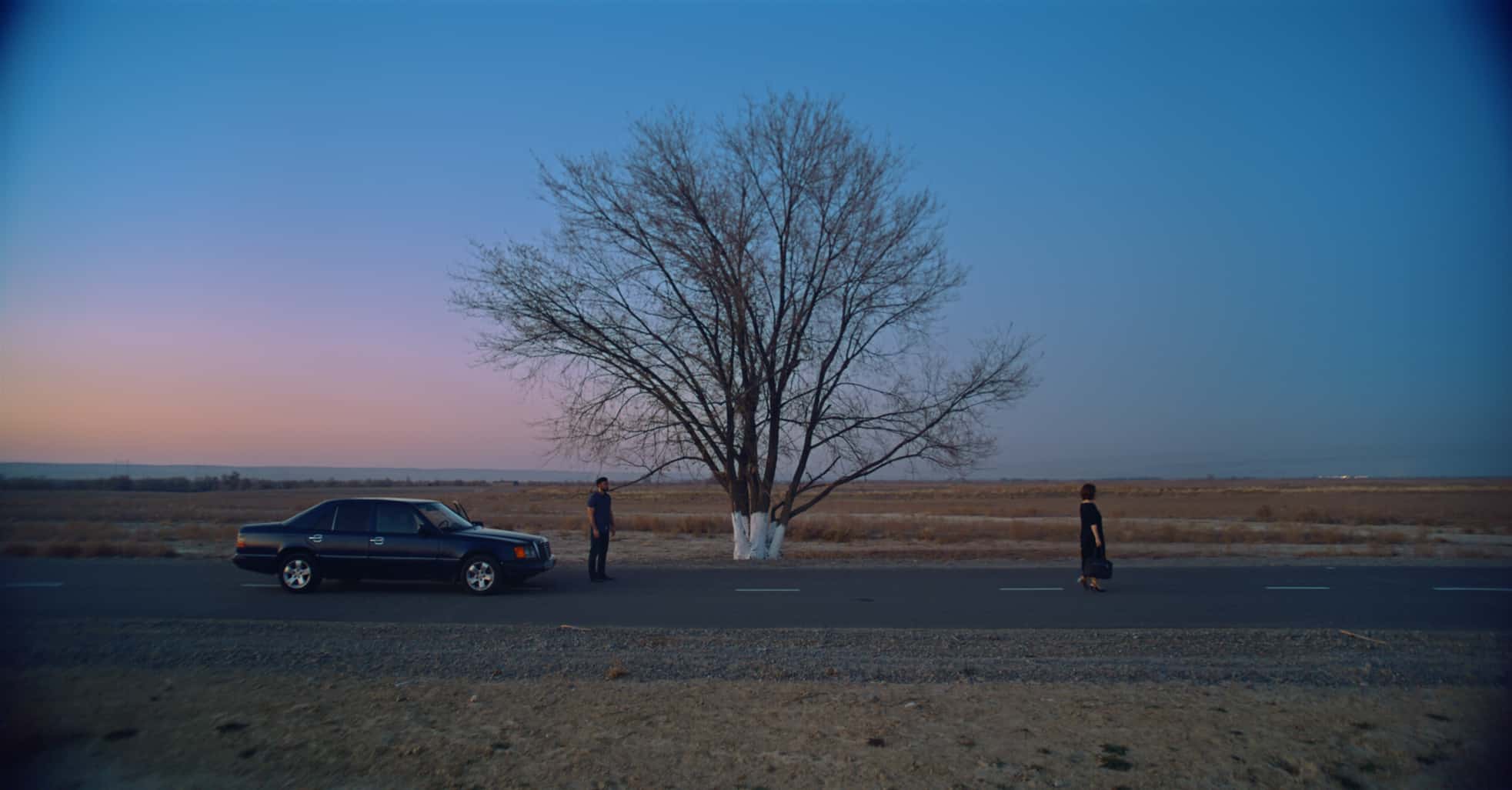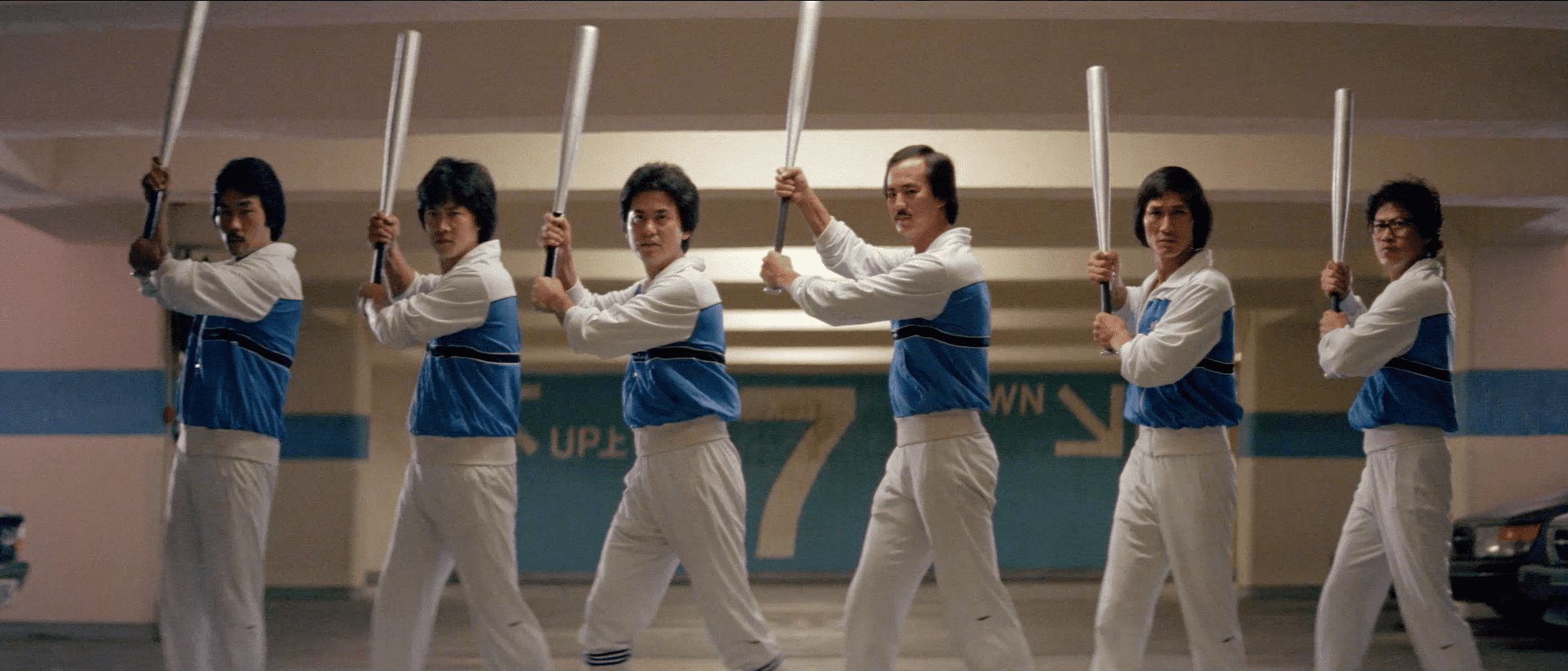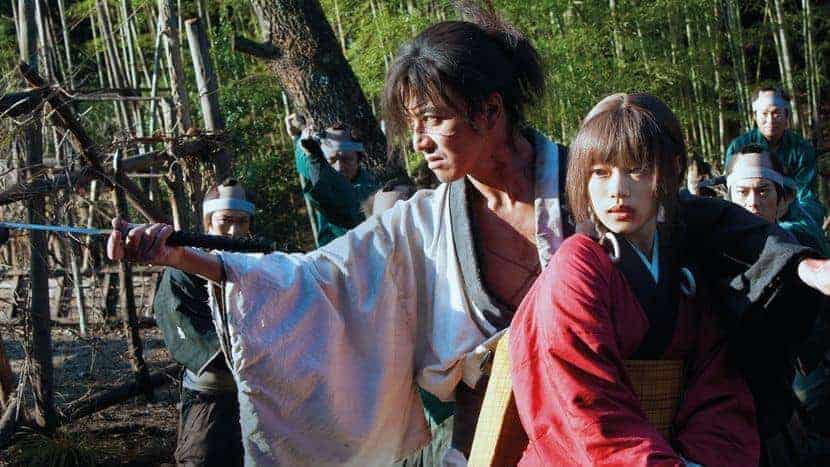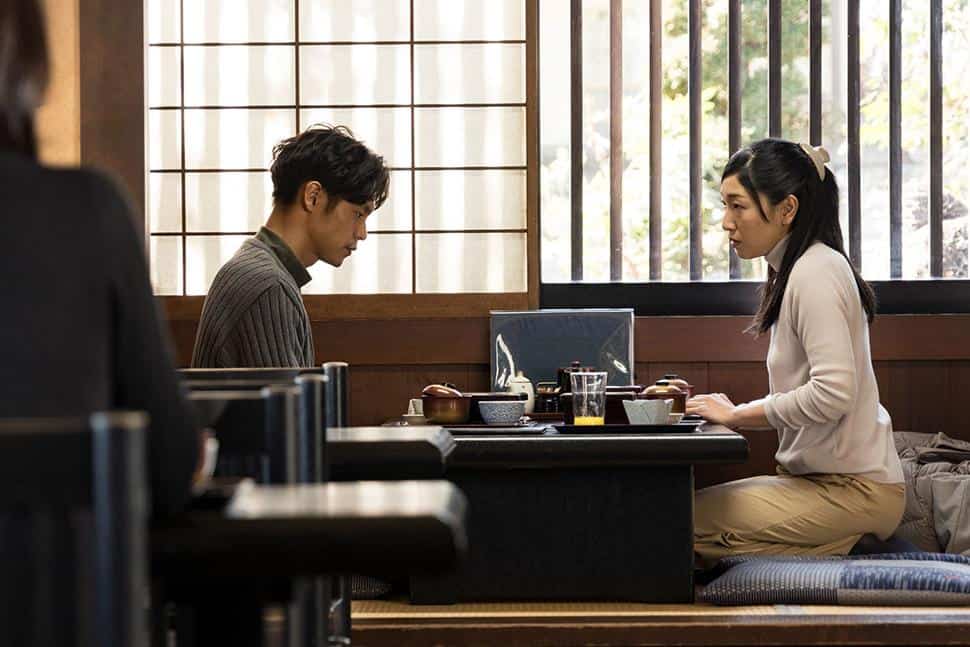Yoshihiro Nakamura has managed to adapt a novel to the point that we are not talking about adaptation any more, but rather for visualization.
The Inerasable screened at Fantasia
The film is based on Fuyumi Ono's horror novel Zang-e, and begins with the story of Ai, a mystery novel writer currently working for a horror magazine, who draws inspiration from the reader's submissions of supernatural phenomena. One day, she receives a letter from Kubo, a university student who claims to hear odd sounds in her apartment. As Ai remembers of another similar letter stating the same, the two of them start investigating the occurrence, beginning with the apartment's previous owners. As they delve deeper into the story, they go further back in the past, uncovering stories that reach to the beginning of the century, with the help of neighbors, people who lived in the area their whole life, an investigator, a paranormal expert, a priest, and Ai's husband. The more they learn about the case the worst it becomes, as the supernatural element makes its appearance.
Nakamura directs a film that functions as a book, with lengthy scenes of narration, scenes with individuals' testimonies, changing of chapters through black screens with the respective titles, and succession of scenes that look like an exchanging of letters. Furthermore, the script unfolds as a story within a story, with multiple layers though, as the protagonists reach further in the past, and with each layer becoming more grotesque. Along with the satisfactory pace, Yukihiro Okimura's dark cinematography, which presents both realistic and supernatural images with equal artfulness, and Goro Yasukawa's subtle music, result in a kind of film-noir, with many genuine Japanese elements, though. The editing is also quite accomplished, managing to keep all those intermingling stories understandable. The most obvious fault lies with the ending, which lags a bit, in a frequent tendency among contemporary Japanese directors.
Since the story and the atmosphere are the actual protagonists of the film, the actors remain somewhat in the background. Nevertheless, Yuko Takeuchi as Ai, Ai Hashimoto as Kubo, and Kuranosuke Sasaki as the investigator give performances fitting the general atmosphere of the film.
“The Inerasable” is a film that looks like an entry in J-horror, but is actually a film noir with some horror elements, benefiting the most from the script and the atmosphere.
PS. There is a scene after the ending titles.















